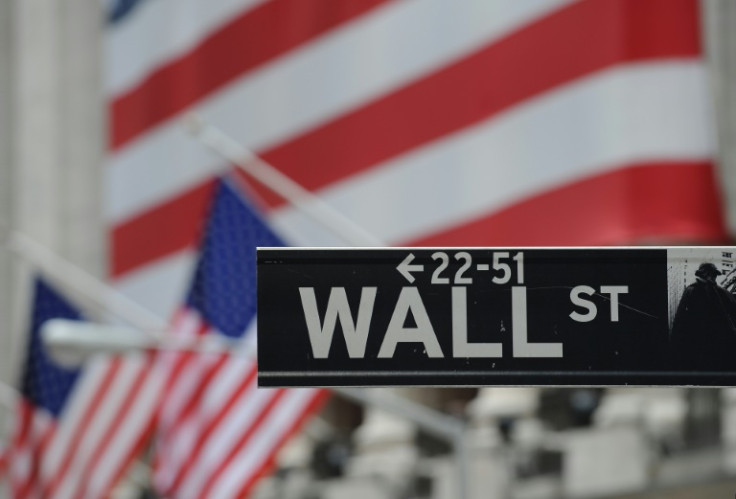Stock Market Sell-Off – A Buying Opportunity For Long-Term Investors

September stock market sell-off is a buying opportunity for long-term investors.
That's the consensus of investment analysts and advisors contacted by International Business Times.
September is usually a dismal time for investors. It's the month after the end of the summer when money managers make portfolio adjustments and trade volume picks up. In addition, it's the time for the first Federal Open Market Committee (FOMC) meeting in eight weeks, which gives traders and investors the opportunity to figure out where the Fed stands on monetary policy.
This time, the Fed remains on the hawkish side, harming equities.
Then there is the United Auto Workers (UAW) strike and the prospect of a possible government shutdown, adding to Wall Street's uncertainty over the fate of equities.
"It's not unusual to see some weakness in Aug-Sept," Thomas Samuelson, CFA, CMT, chief investment officer at Vineyard Global Advisors, told IBT. "The bulk of the seasonal weakness is typically over by the end of September. If it continues to follow the seasonal script, we should see the seasonal weakness end over the next week or so. Other cycles suggest it could be as soon as early next week."
While it's almost impossible to time the end of Wall Street's sell-off, "good merchandise," to use Warren Buffett's metaphor, is on sale.
Since the beginning of the month, the S&P 500 is down 5%, the Dow Jones 3% and the tech-heavy Nasdaq 6%. These indexes include some of the world's best companies with plenty of "moats," barriers to entry to protect and defend their competitive advantage.
Thus, the longer the sell-off continues, the greater the bargain for long-term investors.
"Many people think that they can avoid market declines and anticipate market rallies by moving in and out of the market," Robert R. Johnson, Ph.D., CFA, CAIA, professor at Heider College of Business, Creighton University, told IBT.
He thinks that's a mistake. "Attempting to time the market is 'fool's gold.'" he added. "Is now a time to buy? Yes. But for long-term investors, it is always a time to buy. For long-term investors, there is no time like the present."
Arvind Ven, CEO and founder at Capital V Group, agrees. "Some of the best trading days have been soon after some of the worst trading days," he said. "Markets go up and down. Those trying to time the market must be right twice — when to cash out and when to get back in."
Stephen Chang, managing director at Acts Financial Advisors, is on the same page. "The evidence shows that market timing simply does not work as well as investing immediately," he told IBT.
Chang mentioned Schwab's Center for Financial Research, showing this finding to hold even through December 2022, when the market was down compared to today. "So, while I don't hold a crystal ball and can't say with certainty that the worst is over for this cycle, I can say with near 100% certainty that given all the historical evidence we have, 'this time' is likely, not different," he added. "That means, yes, it is time to buy."
Still, the Fed's narrative of higher interest rates for longer and the elevated bond yields pose a tough competition for equities. In addition, higher interest rates may break something, which could fuel another sell-off for equities.
Then there's the coming of October, a history of a brutal month to equities.
"Net-net: We view this Aug-Sept weakness as a corrective pullback, not the start of a new bear market decline of 20%+," Samuelson said. "We raised some cash in our strategies in anticipation of this seasonal weakness and have been slowly putting it back to work in anticipation of a year-end rally as long as our indicators and macro models continue to show limited deterioration."
Ven advised investors to stay with a diversified portfolio at an appropriate risk level. "Risk levels can be dialed up or down based on market volatility — meaning you could buy / dollar cost average during significant downturns," he said.
© Copyright IBTimes 2024. All rights reserved.






















